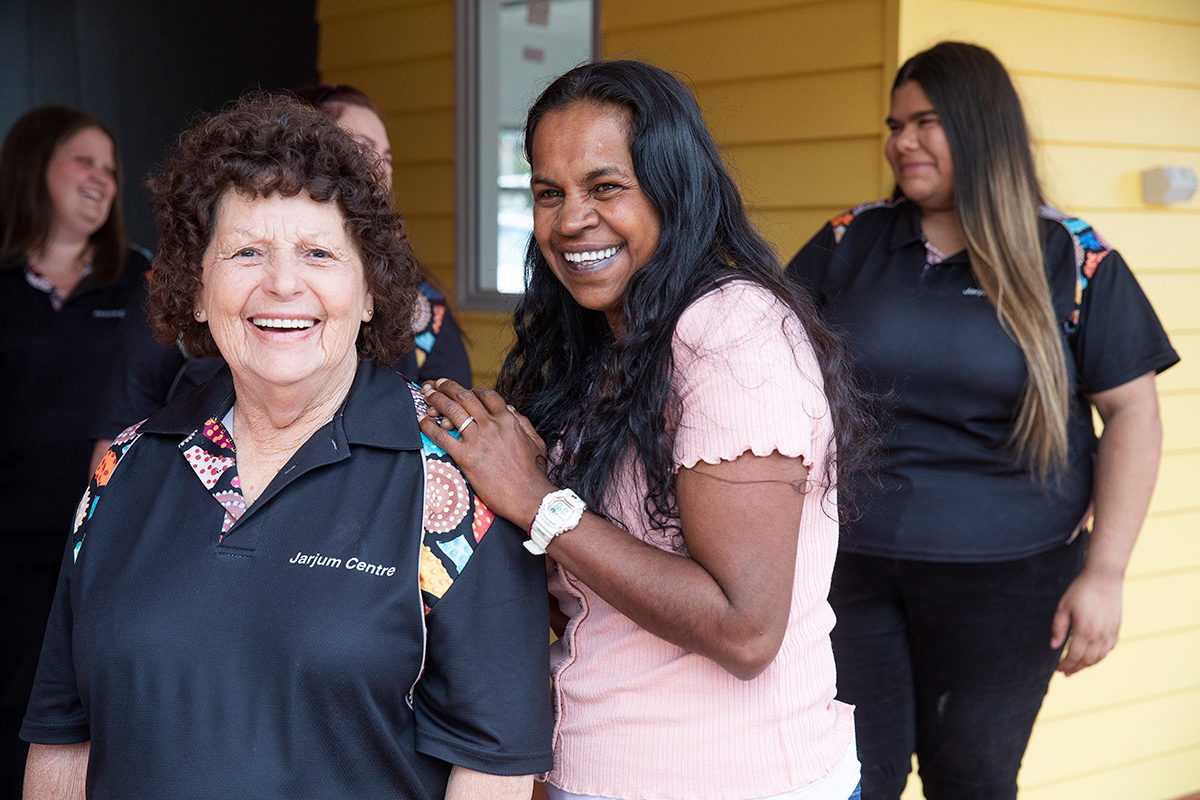Highlights
Photo by Natalie Grono
building capacity through flexible capital
White Box Enterprises
White Box Enterprises has a bold vision – a thriving jobs-focused social enterprise sector that creates secure, long-term employment for the most vulnerable people in our communities. They have big goals – creating 5000 jobs for young job seekers by 2030 and transforming Australia’s youth employment system via social enterprise.
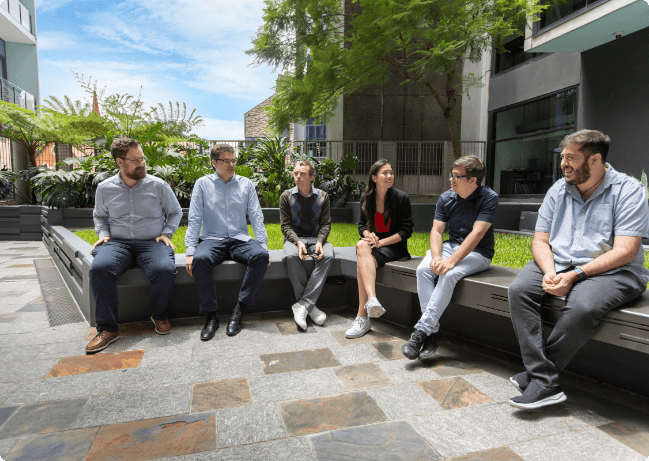
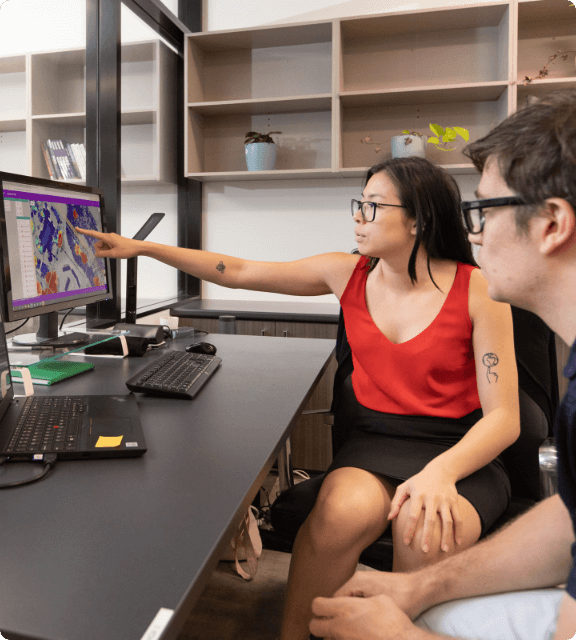
family heritage and community voice
Rural and Regional Media
Supporting rural and regional media is a fitting way to honour the heritage of the Fairfax family. A gift of $1.38 million over three years will support Guardian Australia to develop a rural and regional media network and the Centre for Media Transition (CMT) at the University of Technology, Sydney (UTS) to undertake research on business models, to support and sustain commercially viable news media enterprises in rural and regional Australia.
Strong local media fosters a sense of cohesion and pride and is fundamental to a functioning democracy. It helps power commerce, sets local agendas, and keeps elected representatives honest. Rural and regional stories build connection and understanding to a mainstream audience. Regional media has been in decline for some 10 years. Between 2008 and 2019, 194 rural and regional publications closed and in the past five years, more than 3000 journalists have lost their jobs. COVID-19 has escalated this decline. The role of journalism to uncover, oversee and be a voice for communities in the country is being damaged by the problems in identifying viable business models for rural and regional news. How to make it sustainable is a burning issue in the sector.
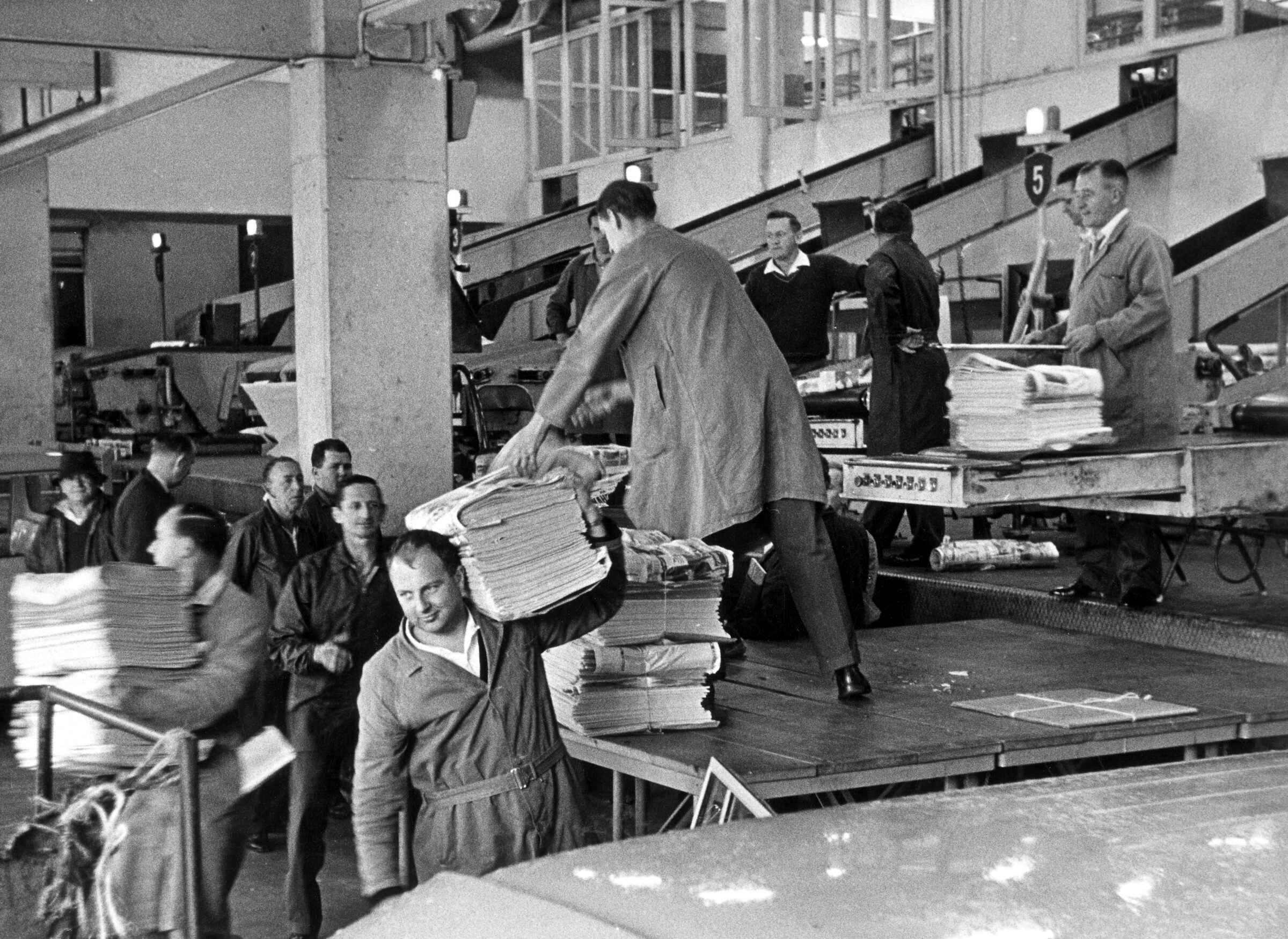
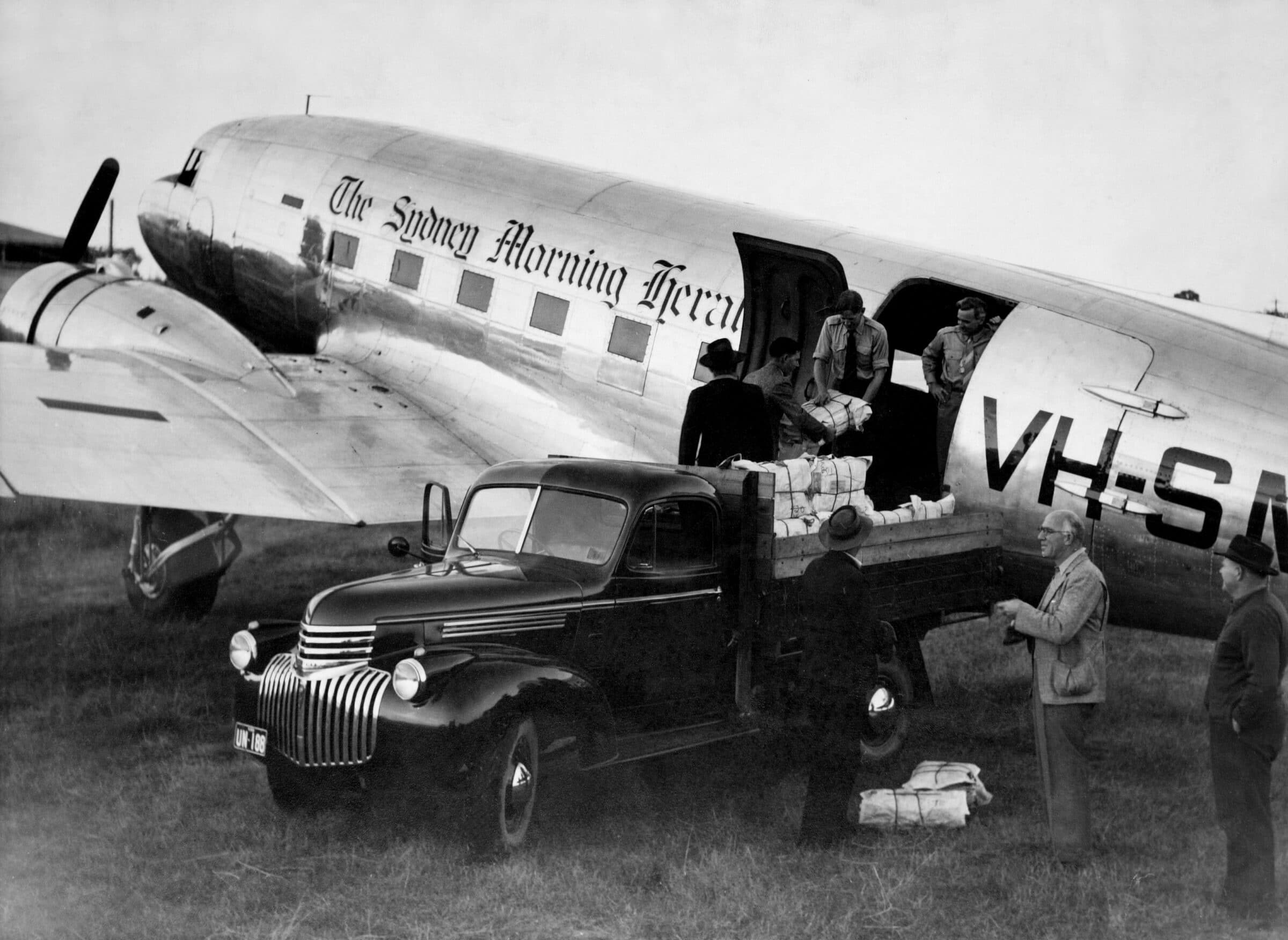
building sector capacity
Social Impact Leadership
Australia
SILA – Social Impact Leadership Australia – is the culmination of three years of research, planning and development, involving a collaboration of four funding partners, leading to a joint investment of $9.6 million over five years in the leadership of Australia’s for-purpose sector. VFFF is delighted to be working alongside The Myer Foundation, Sidney Myer Fund, Paul Ramsay Foundation and our delivery partner The Centre for Social Impact.

Actually having funders say ‘this is valuable and a legitimate use of philanthropic funding’, is the start, it’s all of it, really. Because most of the reason we underinvest in ourselves…is because we are constantly bidding for money that is closely scrutinised, and generally defined by measurable activity, outputs and outcomes”
For-purpose CEO, from sector research to inform SILA program development, 2019
strengthening early learners
Jarjum Centre Lismore
Jarjum Centre is an Aboriginal preschool that has provided accessible and inclusive early education and support in Lismore for the last 40 years. Jarjum’s wraparound services include more than education for local children and families.
Jarjum offers culturally appropriate services for Aboriginal children, who comprise 95% of their enrolments, promoting a strong sense of identity and connection to culture. A trauma-informed program is implemented through additional supports including allied health service delivery onsite. Jarjum families are also assisted with parenting support, family conflict and court matters, hospital visits, financial literacy, crisis support and advocacy, all of which contribute to reducing instances of removal to out-of-home care.
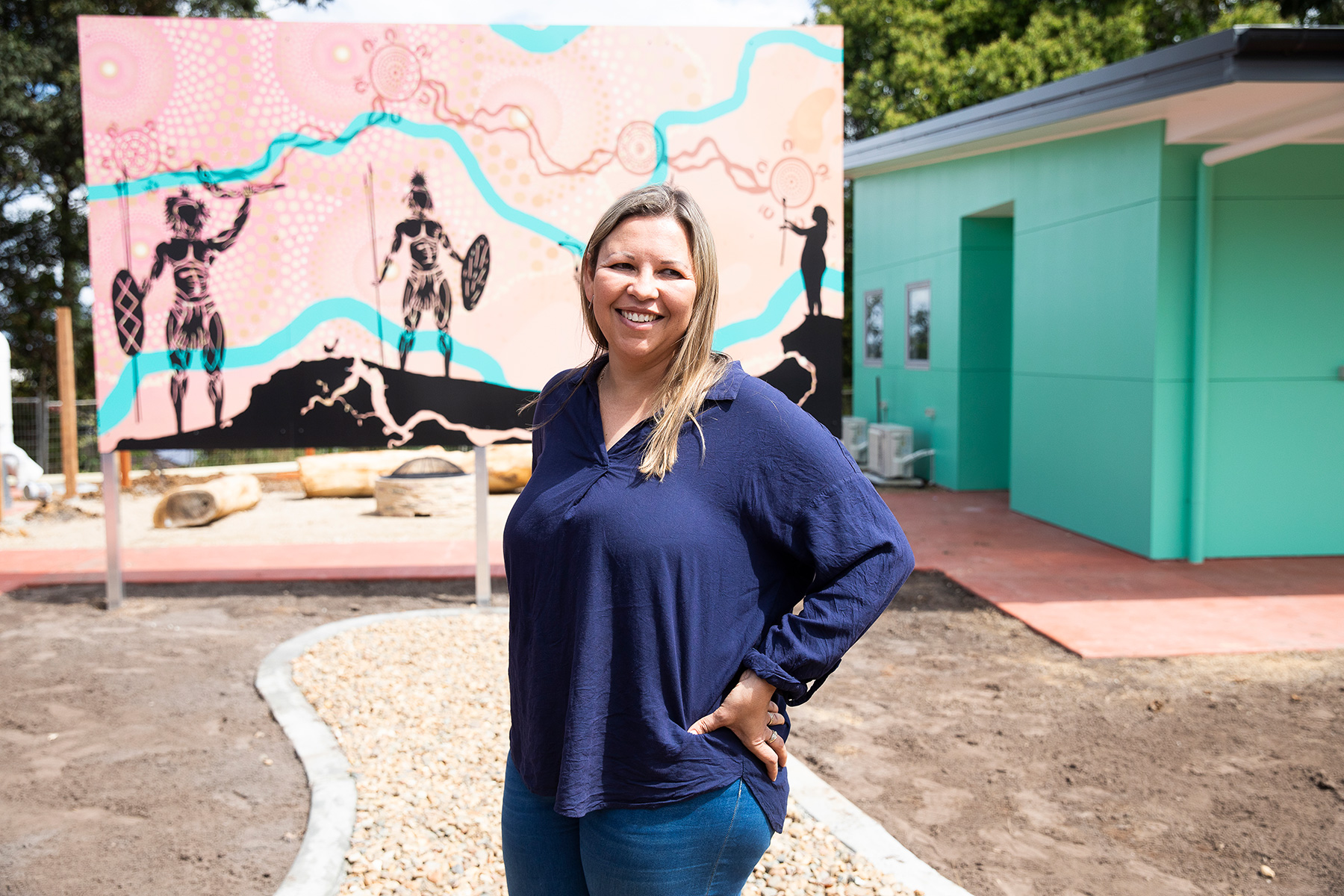
The Jarjum relocation project is a great example of non-traditional partnerships working together, with the best interest of community groups in mind. It’s been a privilege to see our vision come to reality through this process.”
Maurita Cavanough, Director, Jarjum Centre
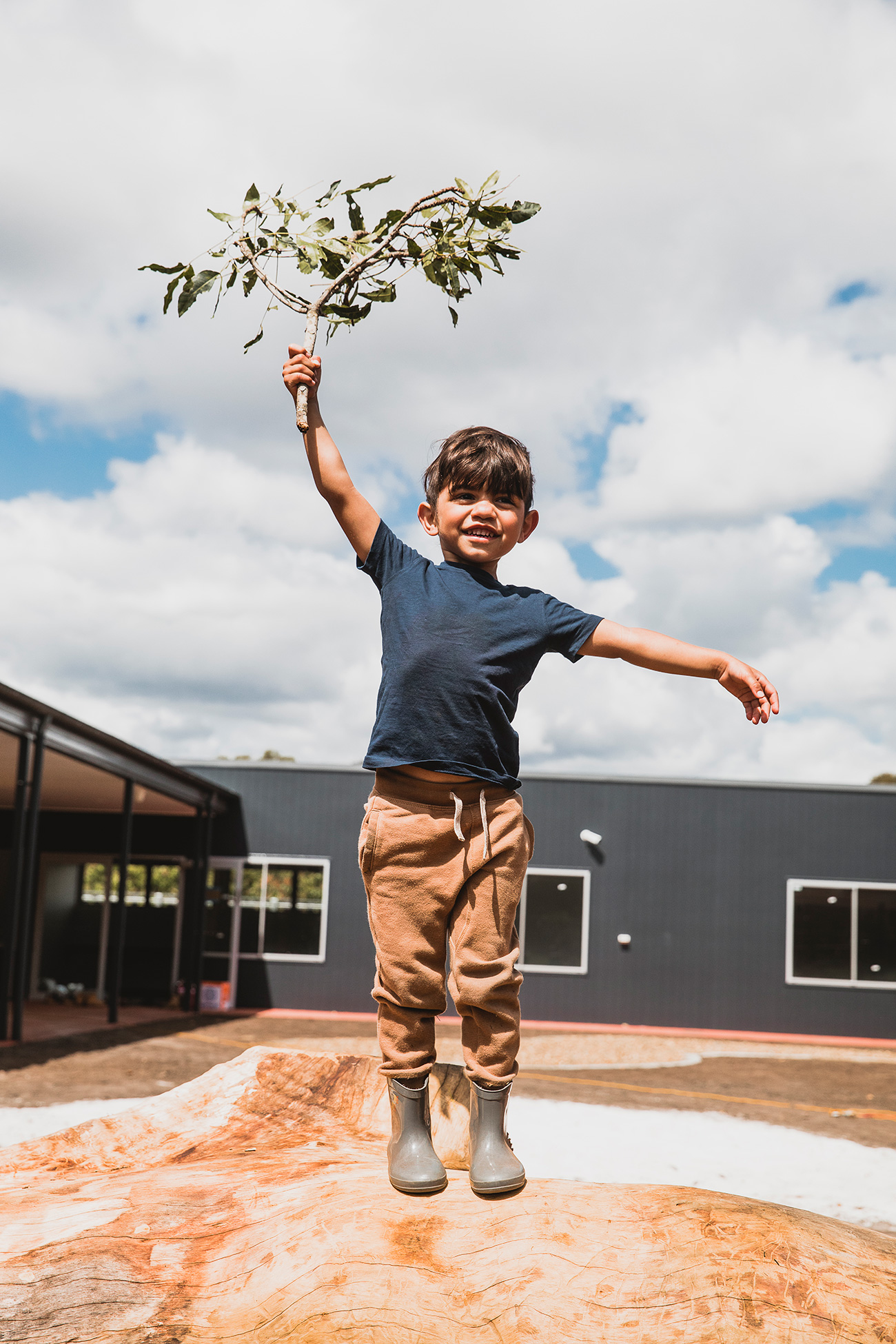
The team at Sefa
